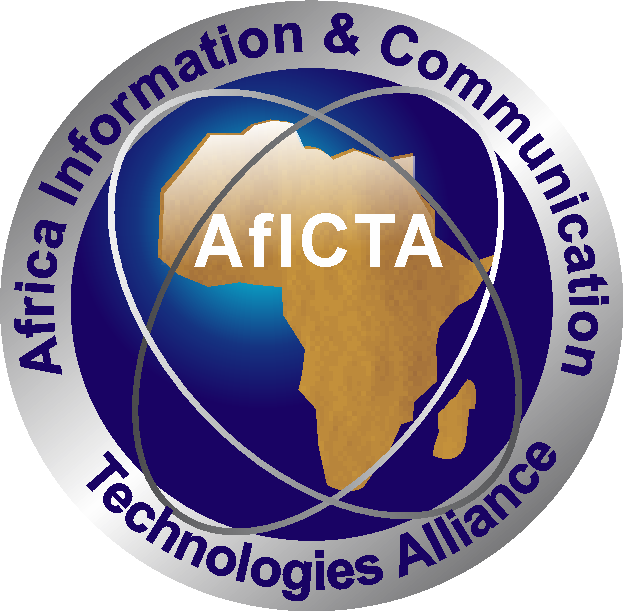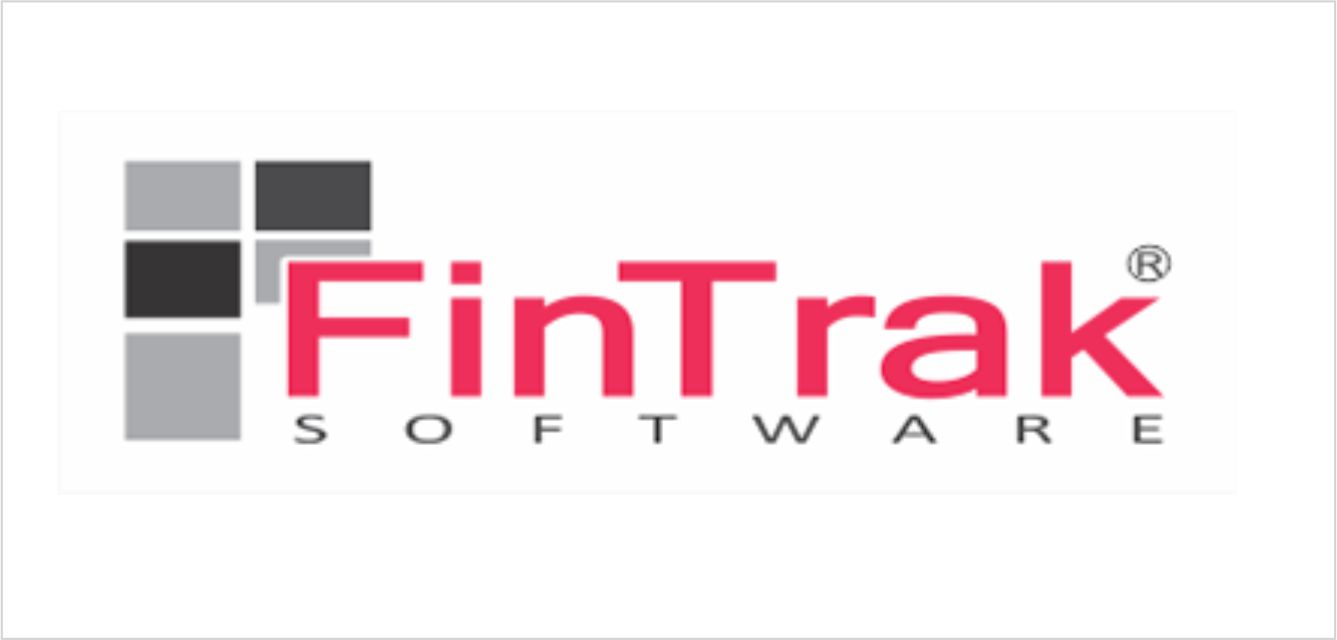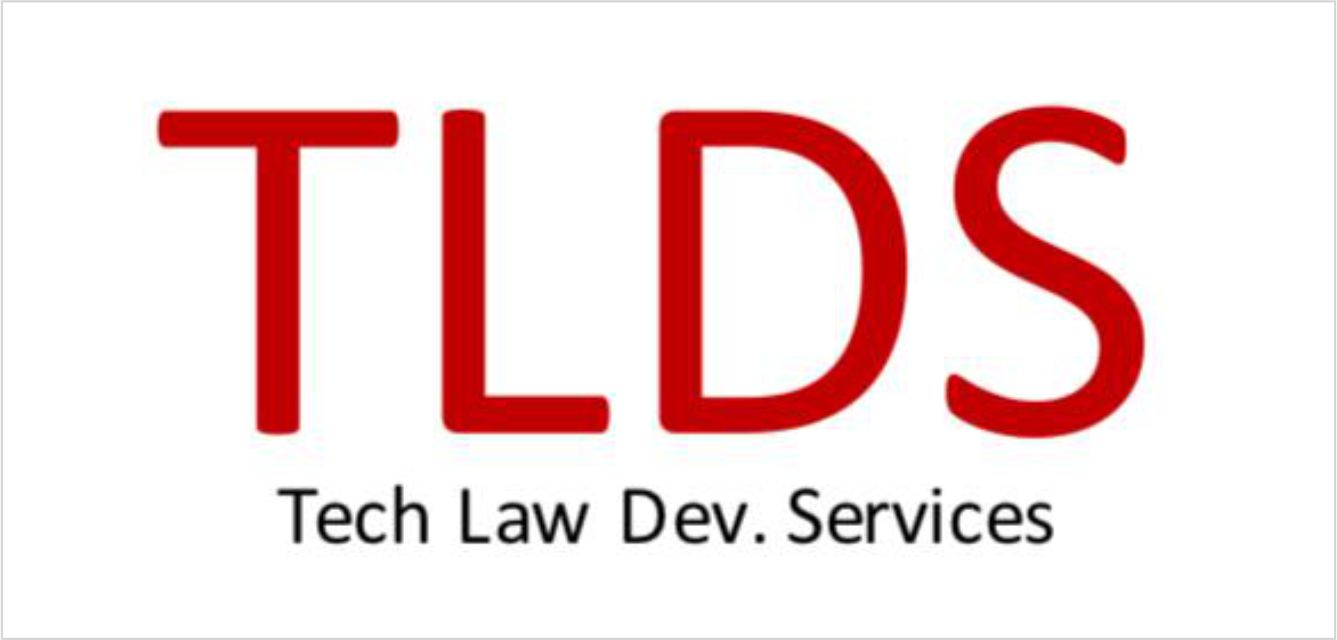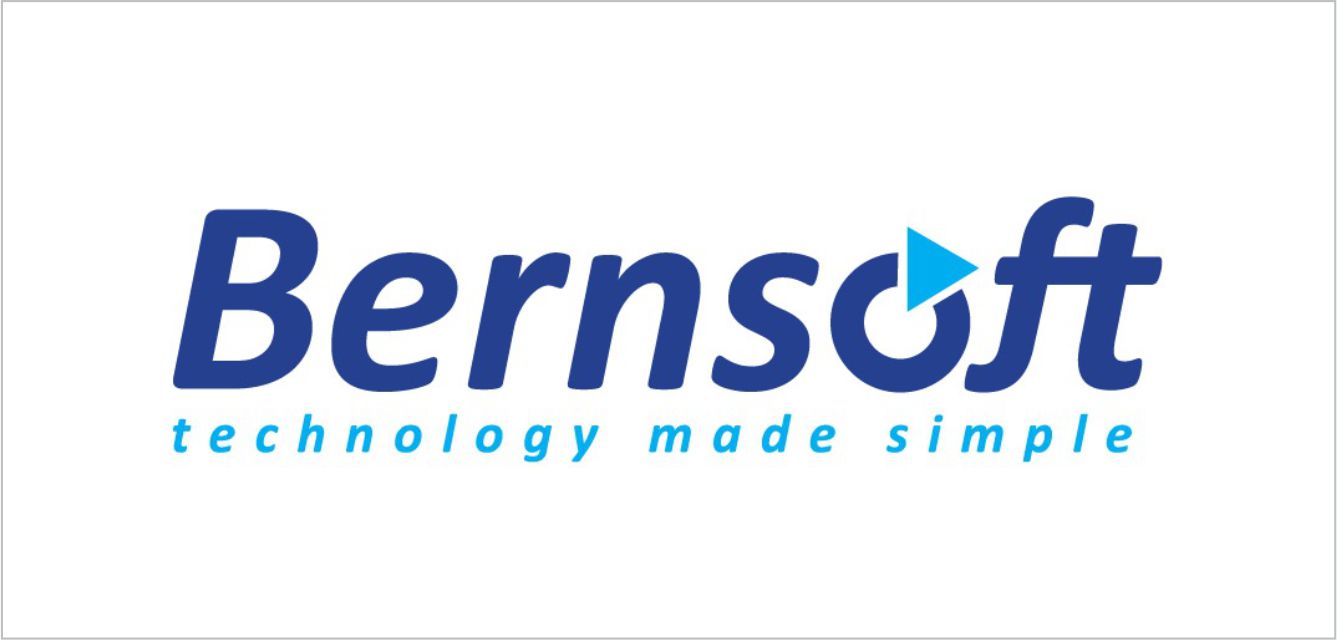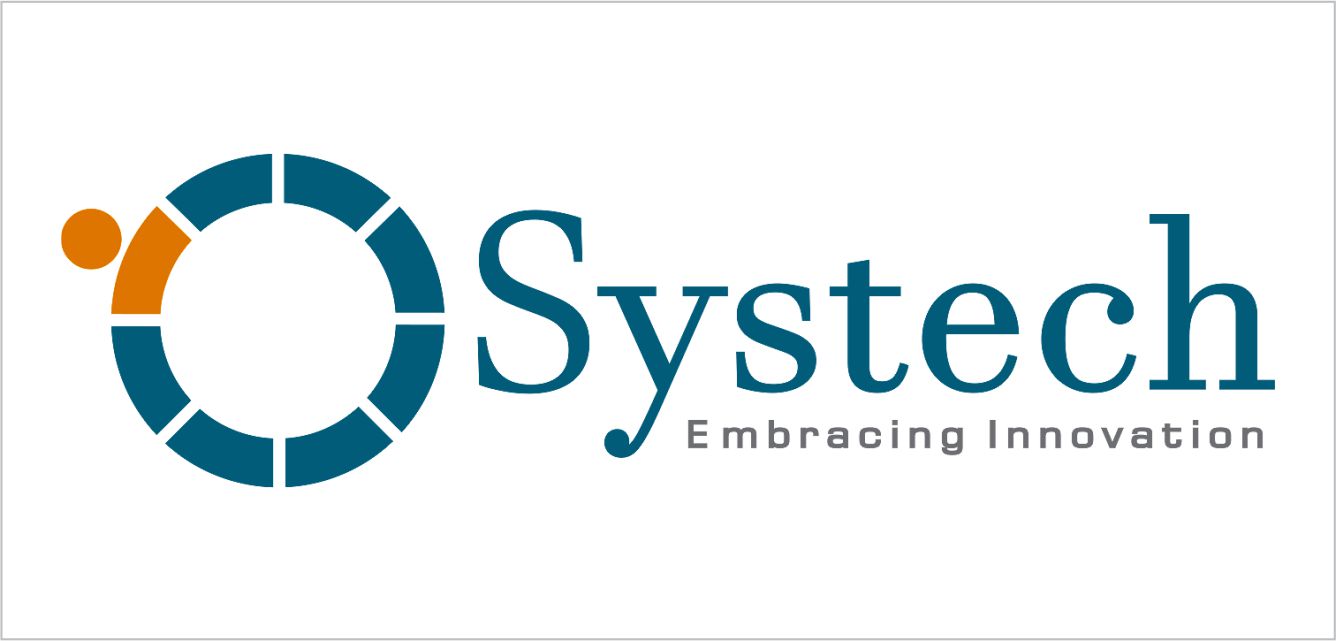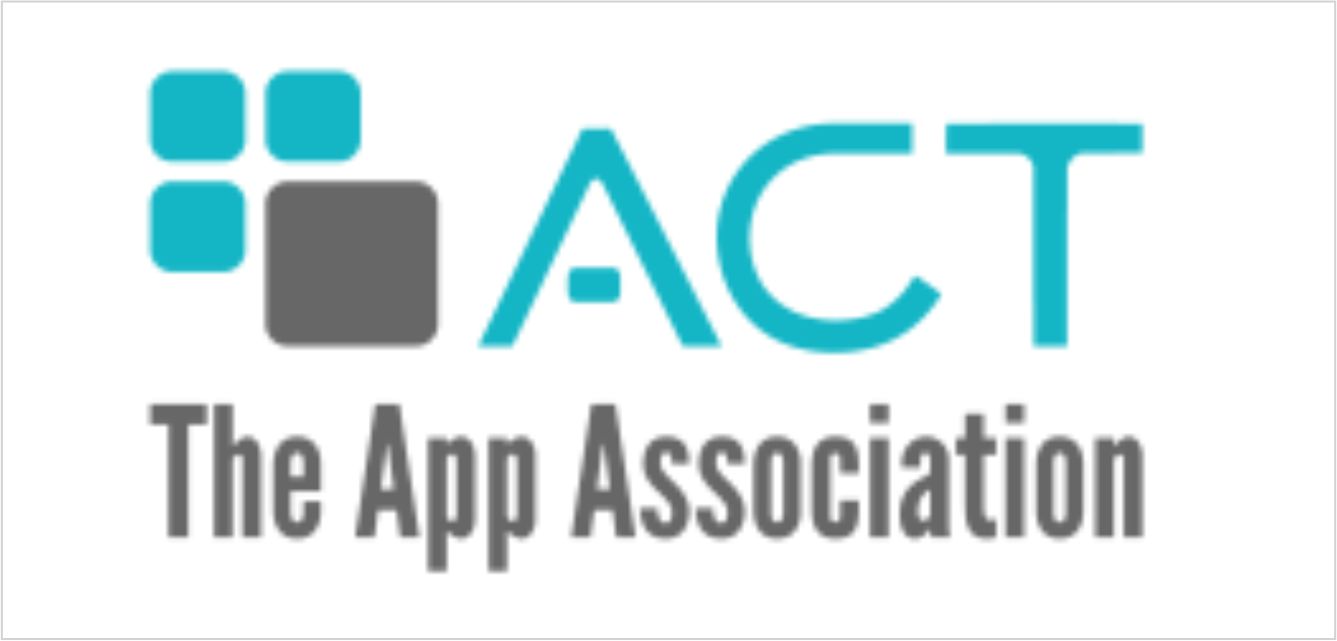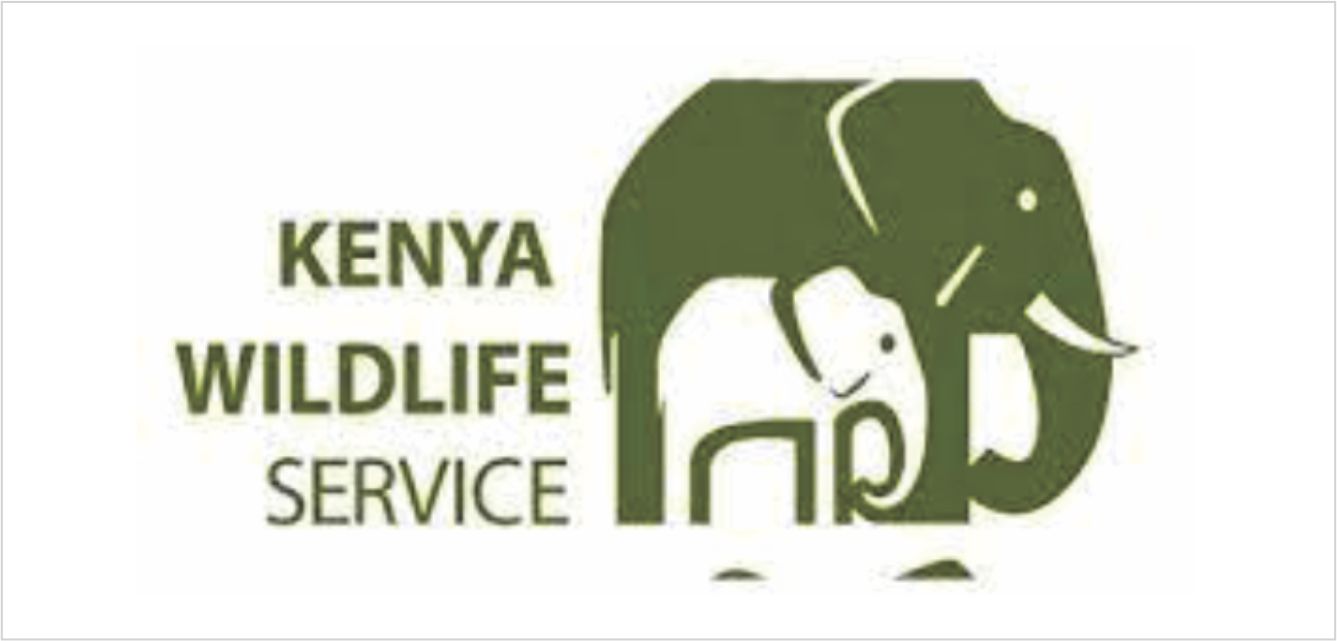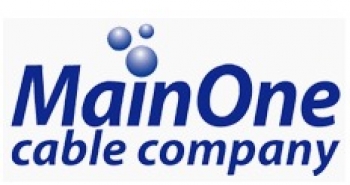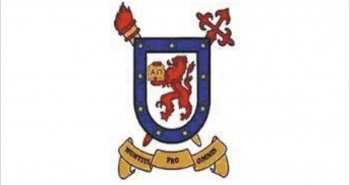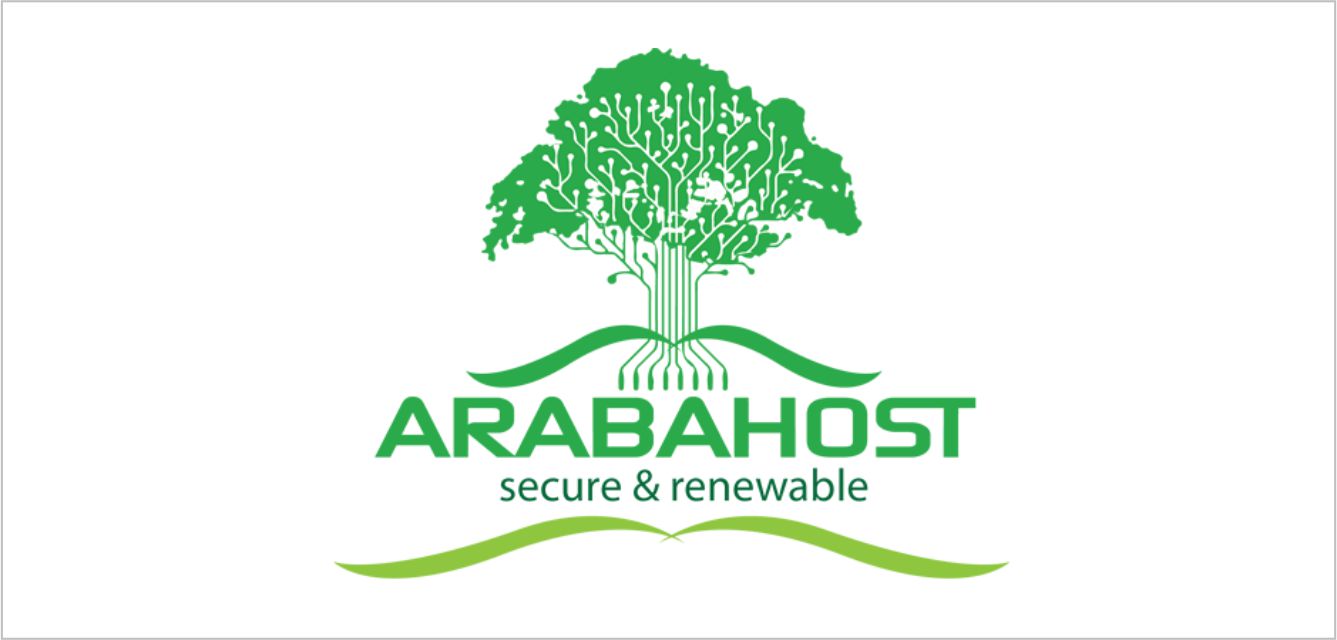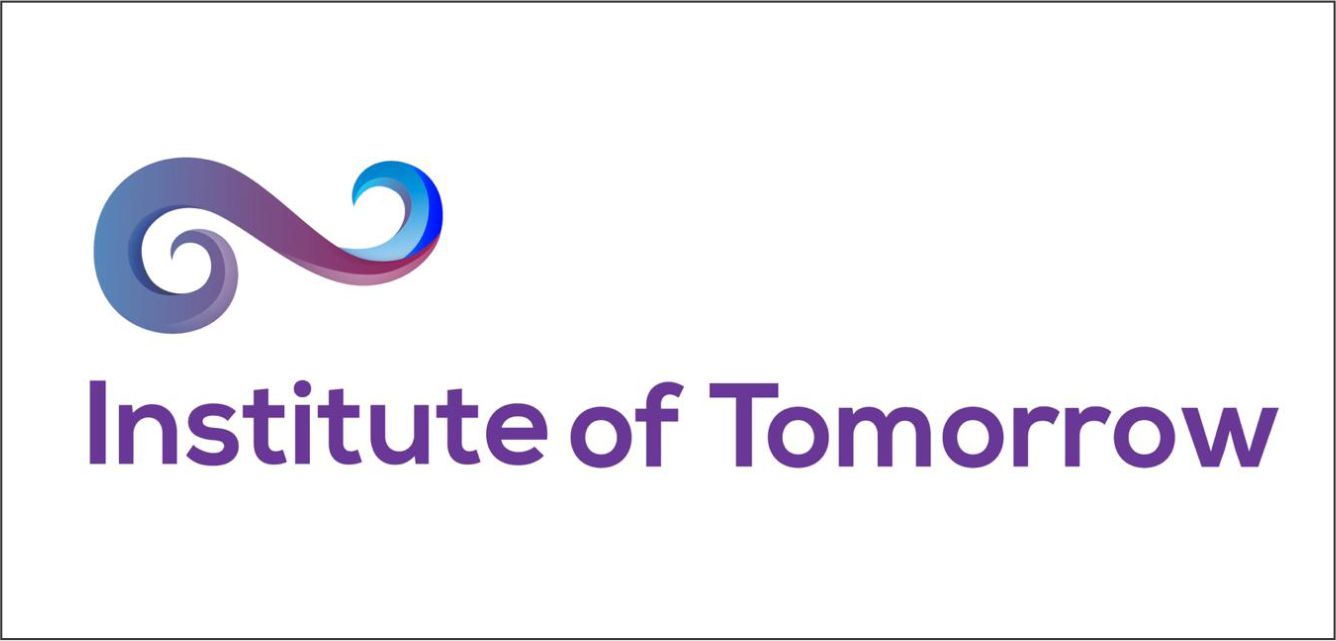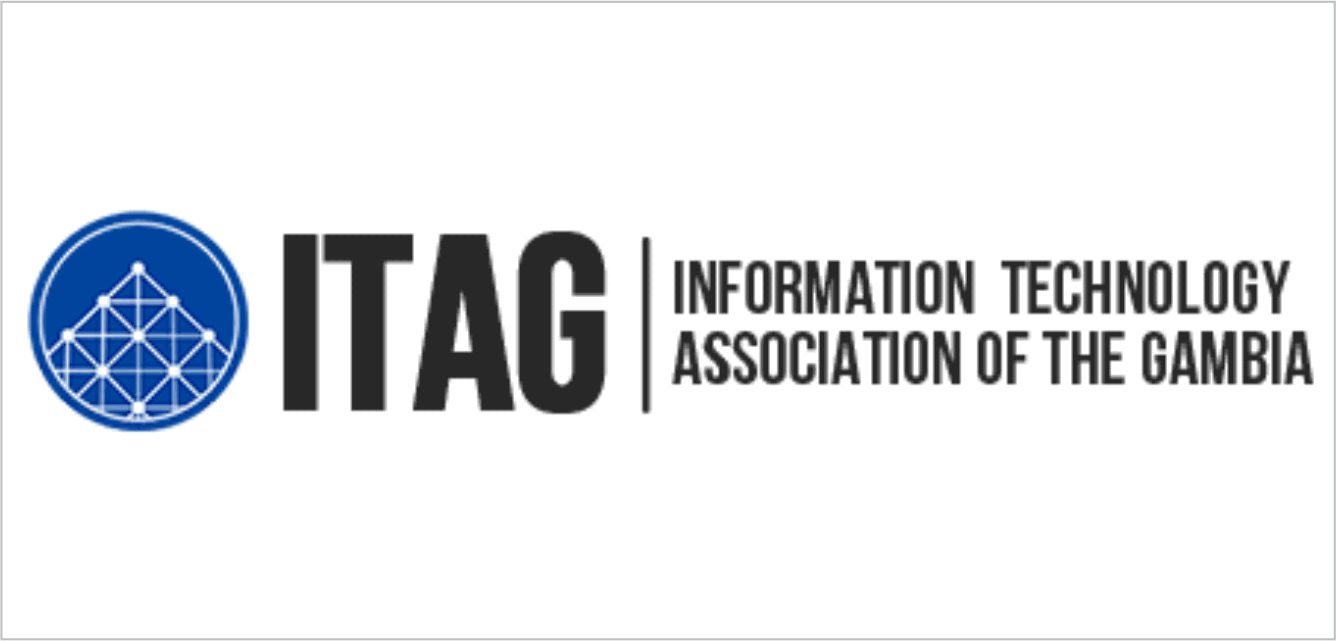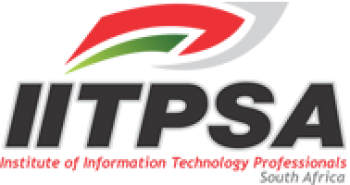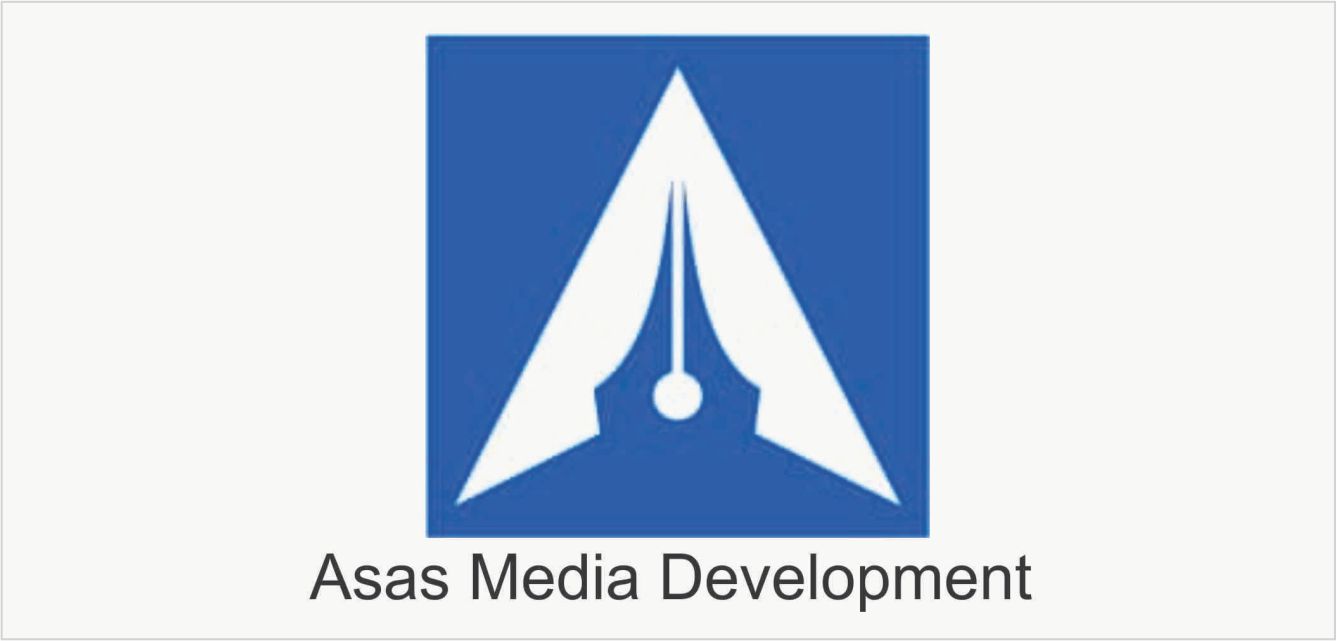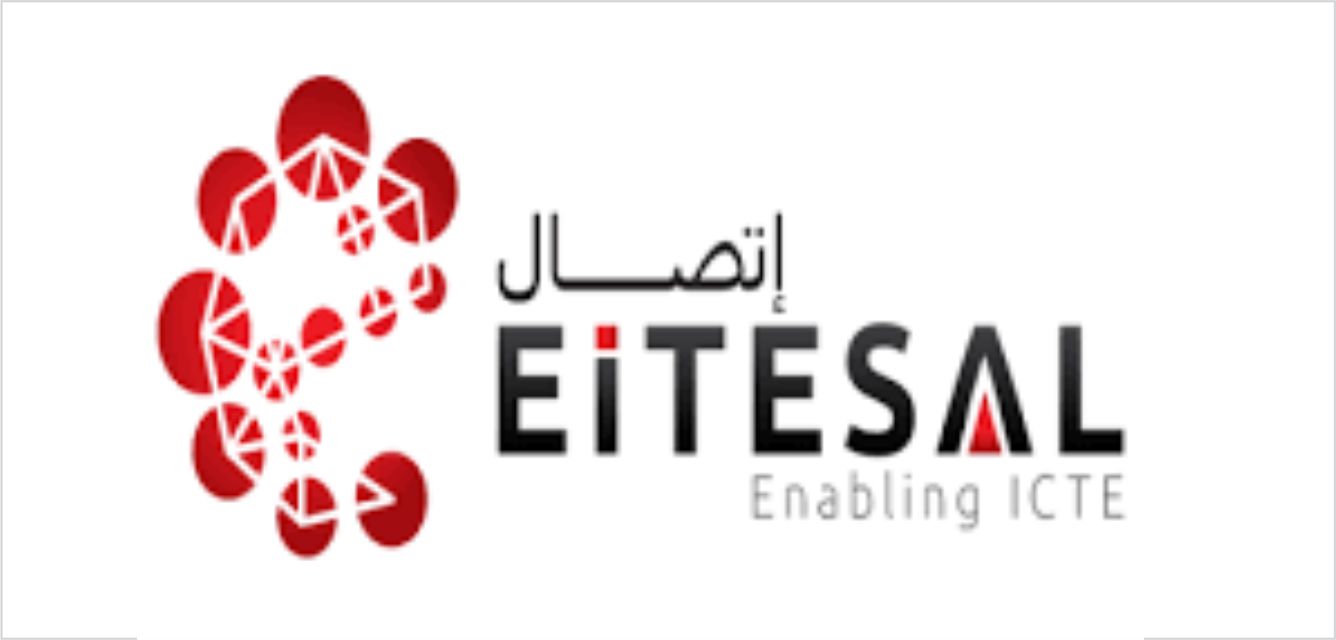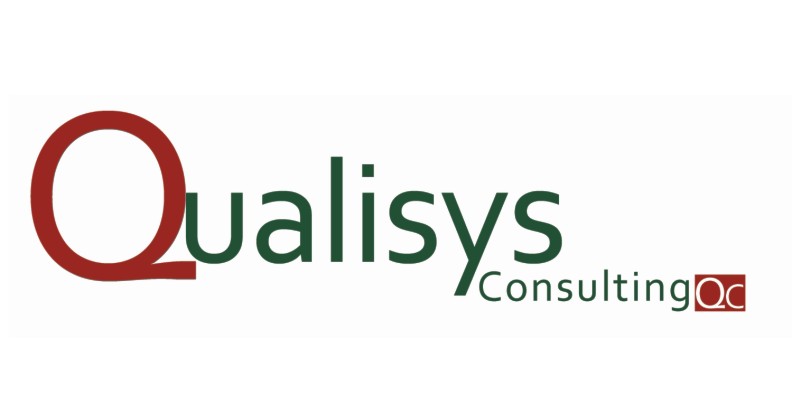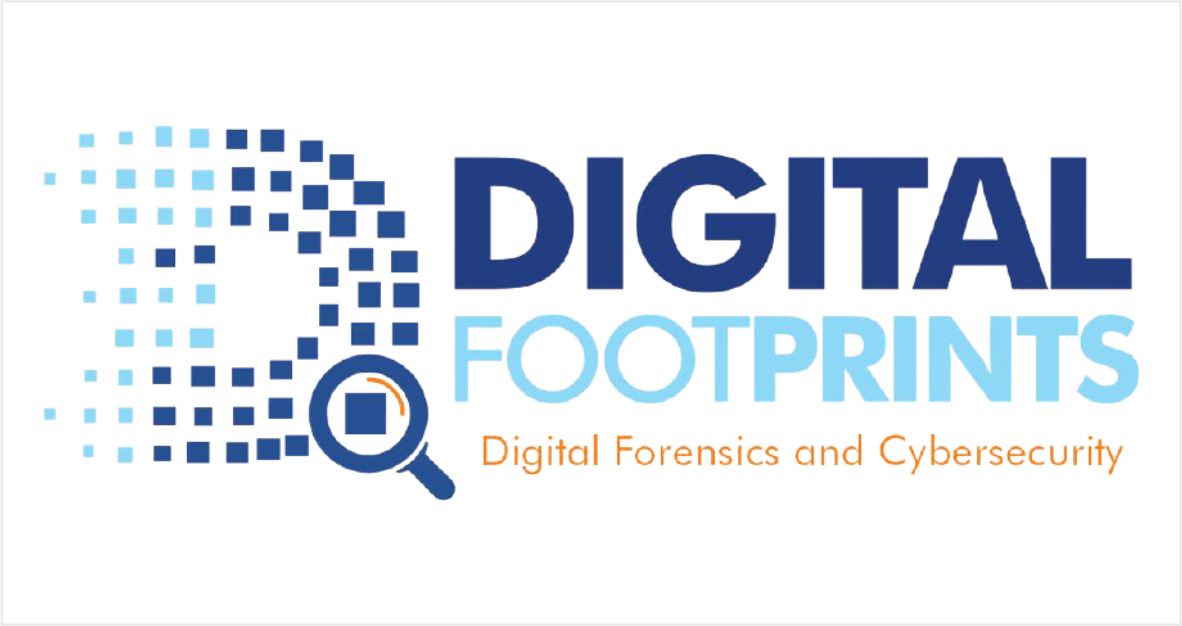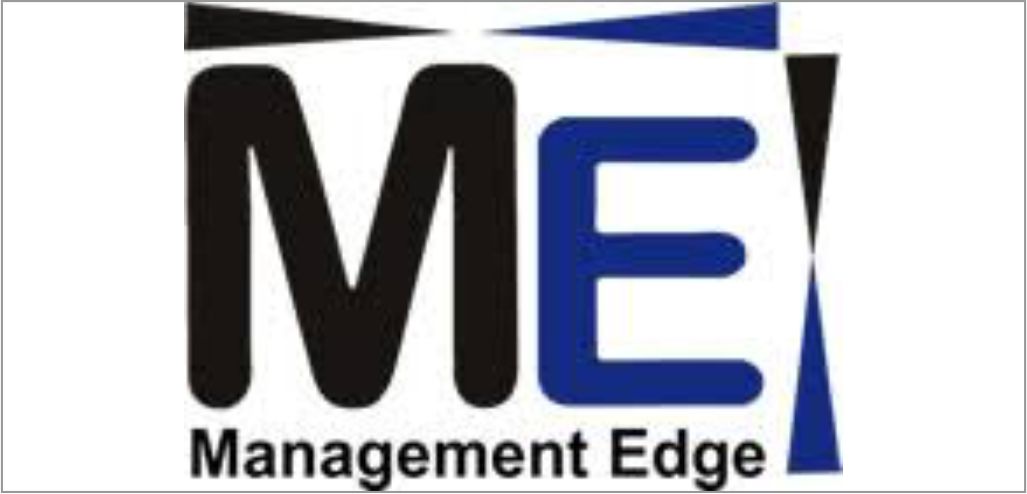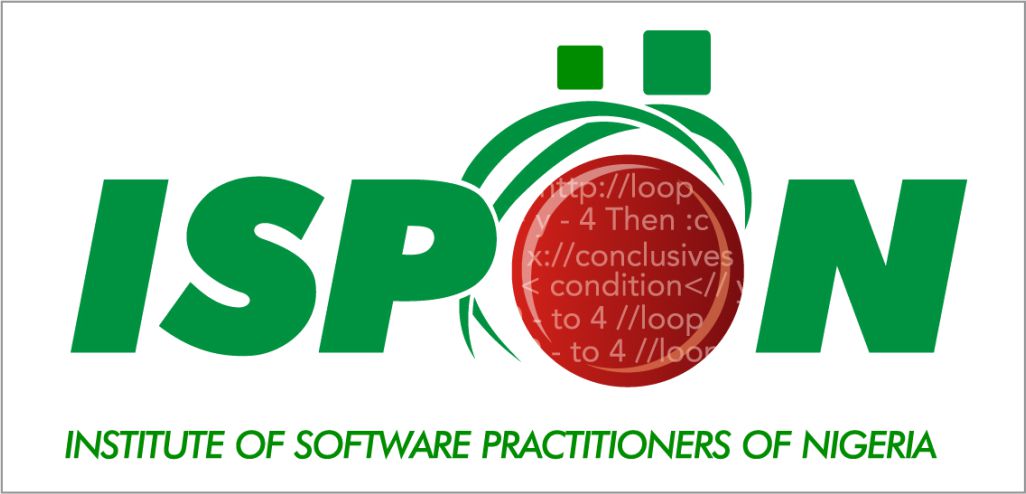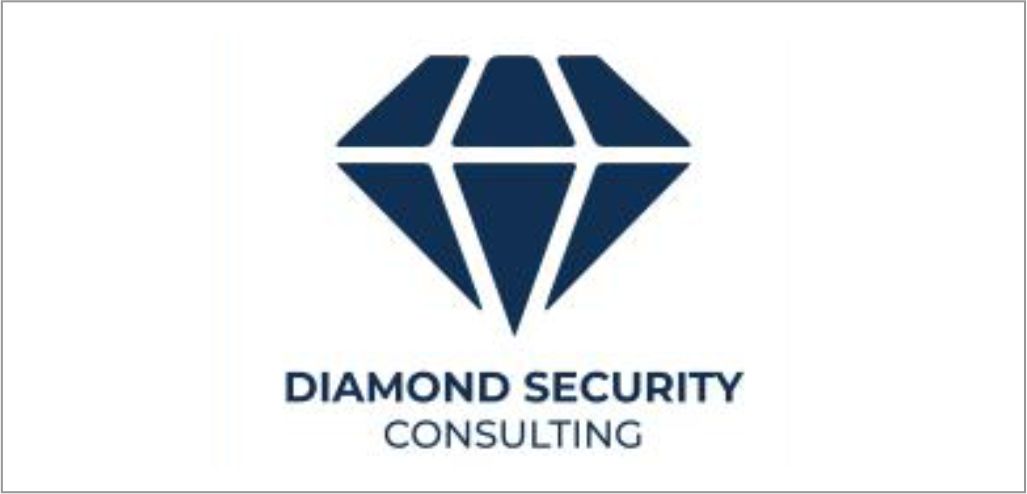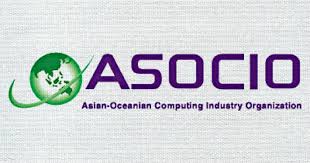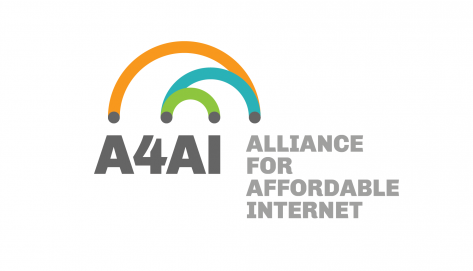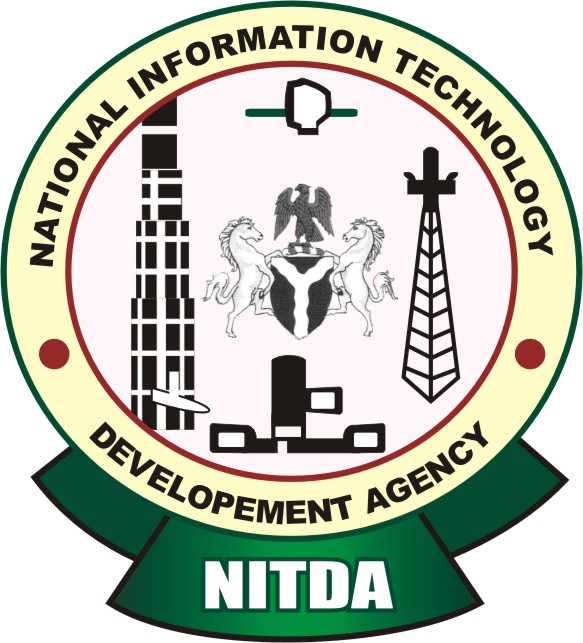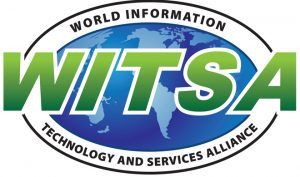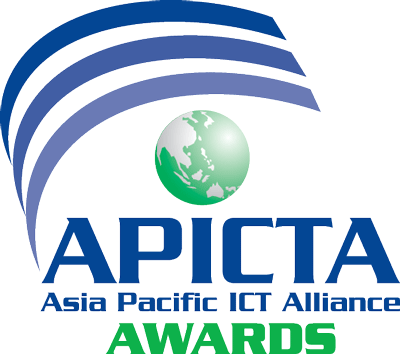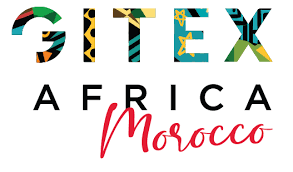
On 11 July 2012, the ITU Council decided that the Draft of the future ITRs be made publicly accessible. Council also decided that a publicly accessible webpage would be established where all stakeholders could express their views and opinions on the content of the Draft of the future ITRs or any other matter related to WCIT.
Below is AfICTA comments on ITRs as published on http://www.itu.int/en/wcit-12/Pages/public.aspx
Internet Governance Needs Enhanced Cooperation and NOT Enhanced Treaty
November 3, 2012
The 2005 WSIS Tunis Agenda paragraph 34-35, 70-80 set the course for evolving policy matters partaining to the Internet. The Agenda made it clear that policy matters pertaining to the Internet should be approached through enhanced cooperation and an inclusive multi-stakeholder platform called the Internet Governance Forum (IGF) with all stakeholders on equal footing playing their respective roles. Stakeholders in this regard are governments, the business community, the civil society, academia and the technical community. The IGF now in its 7th annual gathering has already enriched discussions and understanding of the issues around IG
It is the view of the Africa ICT Alliance (AfICTA) that the governance structure of specialized UN organizations, including the International Telecommunication Union (ITU) are not sufficiently inclusive of all stakeholders to decide the future of the Internet vis-a-vis how it is governedand how the behaviour of users and players are governed, and regulated.
AfICTA proposes that such a fundamental restructuring of the government dominated ITU is simply not possible in a timely manner, and thus, the ITU cannot take up a larger role, beyond collaborating and co-existing with other Internet governance organizations and entities. The ITU has a role to play in core telecommunications – while approximately 2.3 Billion Internet users are benefitting from access to the Internet, core telecommunications – a core mission of the ITU – lanquishes and can continue to benefit from ITU D Sector activities. ITU’s role in coordination of global spectum continues to be a key priority for all – business, government, and civil society. The ITU has a role to play in its core functions of competitive telecoms. Many countries are still struggling to advance truly independent regulators, and striving to find approaches for their Universal Service Funds for buildout. This underscores a role for the ITU in a co-existence mode with others, but not a primacy or leading role.
There are many challenges in the proposed changes to the existing ITU Treaty on International Telecommunications Regulations (ITRs.)These proposed changes cannot be considered without full understanding of associated implications.
AfiCTA posits that proposed amendments in the ITRs are inconsistent with the UN Human Rights Committee and the UN Human Rights Council positions affirming that governments have a duty to protect freedom of expression online in the same ways that they do offline. Proposed limitations on the right to freedom of expression in the name of national security are at variance with Article 19 of the International Human Rights Standards. This provision has the potential to hinder innovation which is a key and fundmental aspect of the growth and benefit of the Internet.
While the issue of cybersecurity is very serious and important, it is the position of AfICTA that addressing ramifications of cybersecurity is better handled in a fluid and dynamic organisational structure which can readily respond to rapidly changing face of cybersecurity. In this wise, multi-stakeholder organisations already addressing the cybersecurity challenges and are better suited to continue the process. Rather than adding new language to a Telecommunications Treaty, AfiCTA notes that all parties – business, technical, civil society – and IGOs, like the ITU, should work in a more collaborative mode on addressing training and capacity building, at a local and national level.
AfICTA finally posits that the pursuit of enhanced cooperation among and within existing IG organisations is a more laudable part to IG than an enhanced treaty that is not in conformity with the established principles set by the Tunis Agenda for articulating public policy issues pertaining to the Internet.
About Africa ICT Alliance (AfICTA)
Africa Information & Communication Technologies Alliance (AfICTA) is a private sector led alliance of ICT Associations, multi-national corporations, organisations and institutions in the ICT sector in Africa.
Its vision is to fulfil the promise of the digital age for everyone in Africa. Its mission is to encourage multi-stakeholder dialogue and intra-African trade to foster accelerated ICT enabled development in Africa. Its mission is also to use cutting-edge innovative technologies including mobile, computing and satellite technologies to achieve an Information society in Africa.
Formed on May 1, 2012 AfICTA goals are to:
1. Organise non-state ICT actors in Africa for effective local and continental advocacy by the year 2015
2. Create awareness and improve African digital literacy by 50% in collaboration with stakeholders by the year 2020
3. Create partnerships with the African Union and all the regional economic commissions towards the realization of the WSIS 2015 targets
4. Position more than 50% of African ICT professionals and experts in the business community, academic and technical community and civil society to be fully engaged in the global Internet Governance multi-stakeholder dialogues by 2015
5. Be the focal point for Africa ICT advocacy in the global digital economy
6. Promote business partnership between member’s associations
7. Contribute to capacity and capability building by promoting best practices, encouraging regional projects, sharing data (skills, expertise, events, business announcements, exhibitions, seminars, etc)
AfICTA members include ICTindustry associations, organisations and companies in Egypt, Kenya, South Africa, Tunisia, Nigeria, the Gambia, Rwanda, Namibia and Somalia.
Jimson Olufuye PhD
Chair, Africa ICT Alliance
www.aficta.org info@aficta.org
